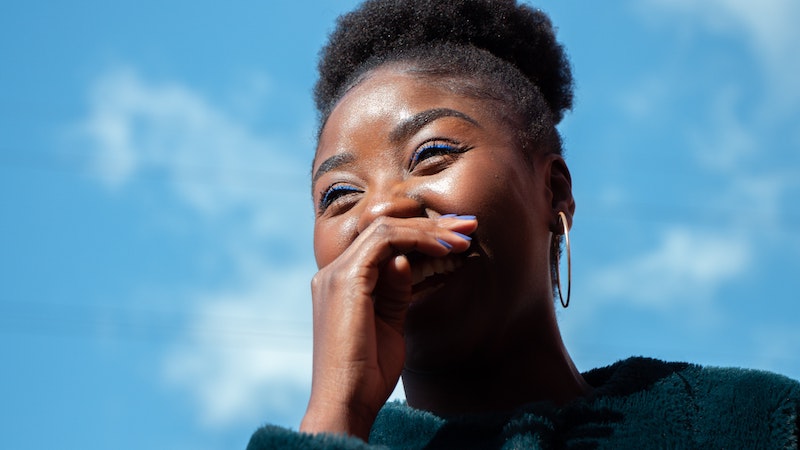Remembering Jokes
Episode #8 of the course Humor: Science of how to be funny by David Urbansky
Have you ever heard a great joke, but only shortly after hearing it, you can’t even tell it to the next person because you’ve forgotten it? If so, you’re not alone. There is actually a good reason why we are bad at remembering jokes.
Our brains love patterns. Music follows patterns, rhythm, and rhyme. All these things make it easy for us to remember song melodies and lyrics. Jokes, on the other hand, are funny because they work the exact opposite way: they break patterns, usually because of a surprising turn or an ambiguity [1]. Furthermore, our brain is good at summarizing and remembering the gist of things, but that’s not enough if you want to accurately recall a joke where nuance, timing, and sometimes exact wording are important [2].
British comedian Ricky Gervais put it best when he said “Jokes work like a magician’s tricks. When the punch line comes you just gasp at that, and you forget where the magician put his hand before or what he did before.”
However, knowing our limitations can help us come up with strategies to better remember jokes. The basic idea is that your brain remembers images better than words or numbers. The funnier and more extreme the image, the easier it is to remember, so don’t be afraid to exaggerate and make it vivid. To know how to construct your “joke image” you can follow the three C’s: category, cast, and context. Let’s look at an example. We want to remember the following joke:
“Two guys are walking through the woods when they see a charging grizzly bear.
The first guy says, ‘Run for it!’
The second guy says, ‘You can’t outrun a grizzly!’
The first guy says, ‘I don’t have to outrun the bear, I just have to outrun YOU.’”
All we need to do is create one image with the key information from the joke following the three C’s:
• Category: a dark animal joke taking place in the woods
• Cast: a bear and two guys
• Context: running or getting eaten
You might form your own image; let me describe mine: I imagine a running grizzly bear with long, sharp teeth and an open, foaming mouth. Then I imagine two guys running away from the grizzly: one is slow, looking back at the bear with panic in his eyes. The second guy is outrunning the first. He looks fit, has new sneakers, and a smirk on his face.
When you close your eyes and see this image clearly, you will have all the ingredients to recreate the cues for the joke: a bear and two guys running from it, one of whom looks like he’s about to get eaten. Your brain will do the rest and put everything in order so you can tell the joke.
Okay, one more for practice:
Q: What do you call a crocodile in a vest?
A: An investigator.
Keywords: crocodile, vest, investigator. Imagine a crocodile in a fancy vest with a magnifying glass investigating a crime scene.
Remember to make the images as detailed and outlandish as possible. If you chuckle when you think about your “joke image,” you’ve done it right.
For more techniques you can read my other Highbrow course on memorization.
You’ve learned a lot so far! Tomorrow you will be rewarded with plenty of fun facts about humor!
“No man has a good enough memory to be a successful liar.” —Abraham Lincoln
Recommended book
References
[1] Robert Provine, professor of psychology at Maryland University
[2] Daniel Schacter, professor of psychology at Harvard University
Share with friends

